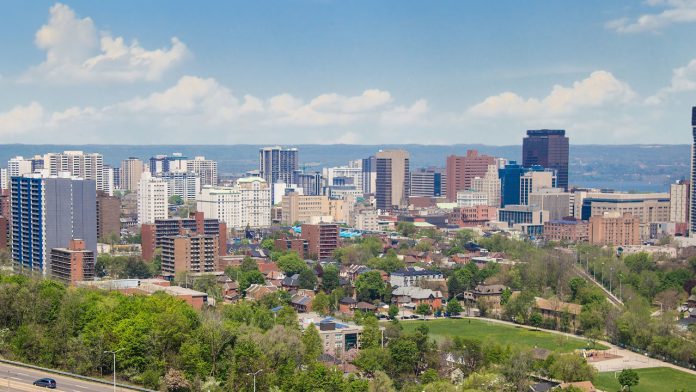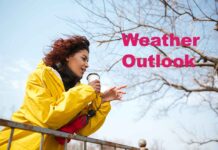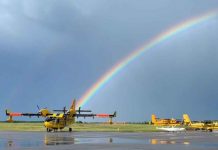| TORONTO — The Ontario government is protecting the economy and environment by expanding protections to prevent invasive species from establishing or spreading in the province.
“Our government recognizes that invasive species pose a real threat to Ontario’s environment and economy,” said John Yakabuski, Minister of Natural Resources and Forestry. “The proposed rules under the Invasive Species Act would establish several new safeguards against the plants, fish, and animals threatening Ontario’s biodiversity and socio-economic well-being.” The Ontario government is seeking feedback from stakeholders, Indigenous communities and the public on two proposals on the Environmental Registry of Ontario. The first proposal outlines the new rules under theInvasive Species Act, 2015 that would regulate an additional 13 invasive species, including wild pigs. It builds on existing recommendations and practices to prevent the introduction and further spread of aquatic invasive species into Ontario’s lakes and rivers. The ministry is also seeking input through a second posting on a draft strategy entitled Ontario’s Strategy to Address the Threat of Invasive Wild Pigs. In jurisdictions where wild pigs have become established, they have had significant impacts on the environment and agricultural industry. Together, the actions outlined in the draft strategy and the proposed new rules for wild pigs under the Invasive Species Act aim to prevent wild pigs from becoming established in Ontario. |
QUICK FACTS
|







